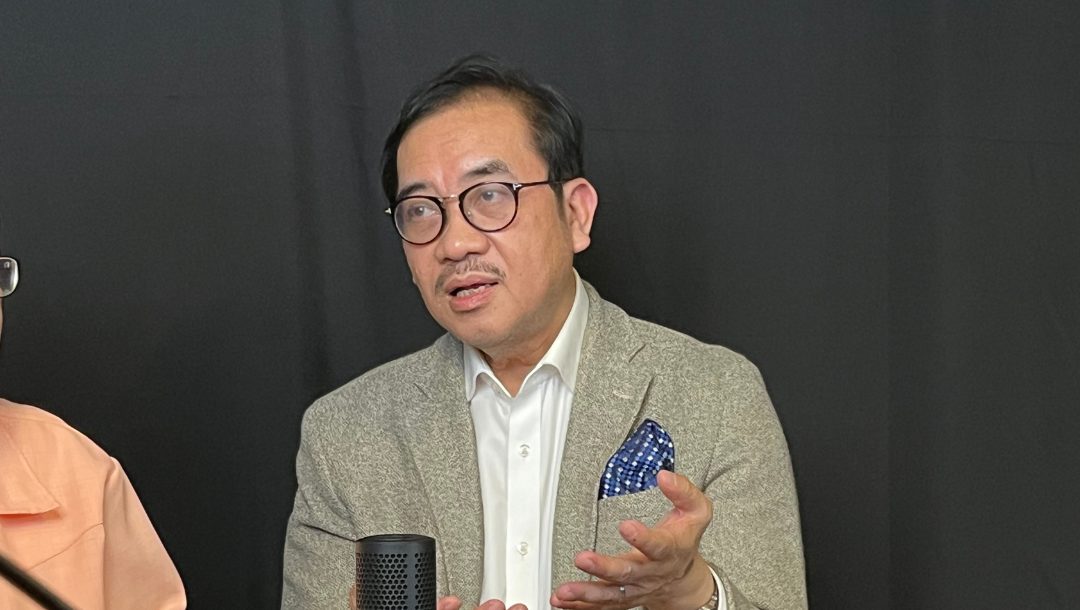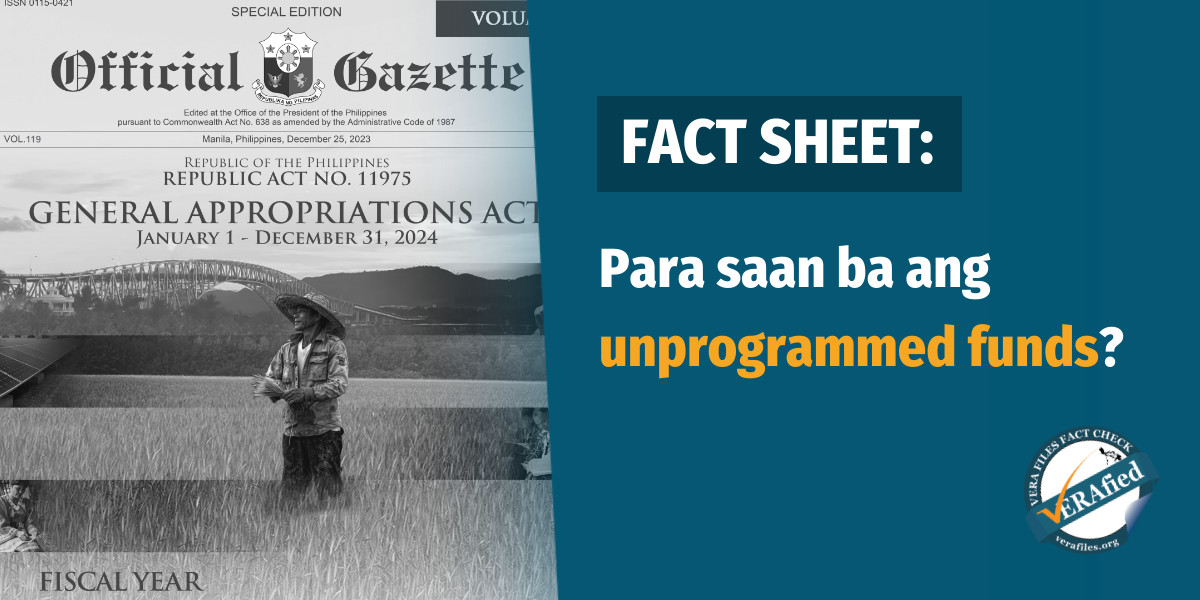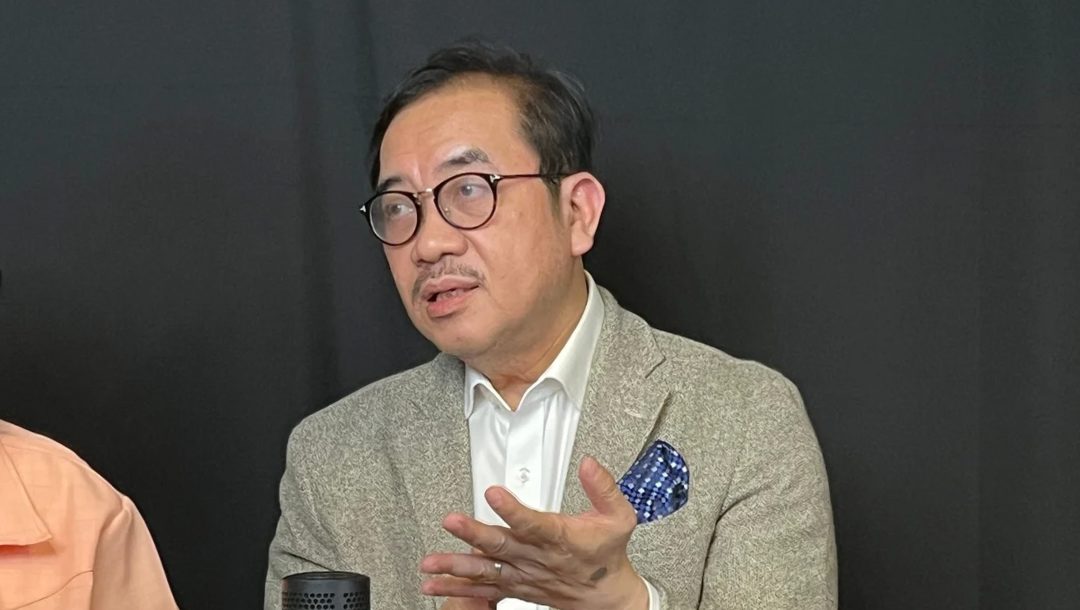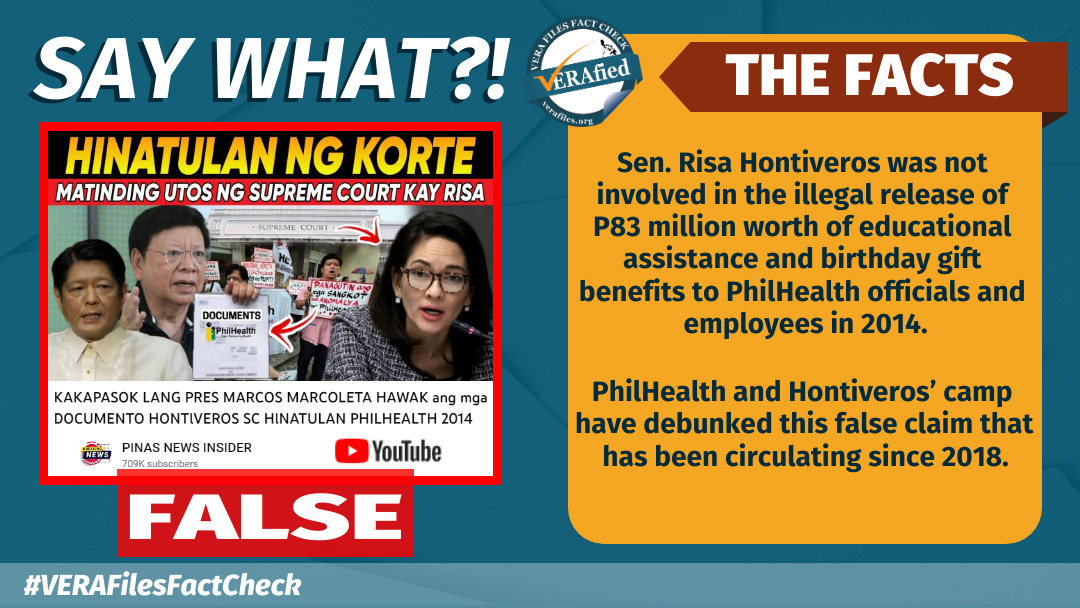Philippine Health Insurance Corp. (PhilHealth) President Emmanuel Ledesma said in a Senate hearing on Aug. 20 that the transfer of P10 billion, representing the second tranche of the P89.9 billion of the agency’s excess funds, to the national treasury would push through the day after.
“Until we get a TRO (Temporary Restraining Order) from the Supreme Court… we are just abiding […] so the scheduled payment is tomorrow (Aug. 21). We will abide,” he told the senators.
With the initial remittance of P20 billion in May, one-third of PhilHealth’s excess funds is already with the treasury.
Here are two things you need to know why the PhilHealth’s fund transfer should concern you:
1. Why is the P89.9 billion excess funds controversial?
In the Aug. 14 Tres from Tress (TFT) podcast episode, health advocate Dr. Anthony Leachon asserted that the transfer of PhilHealth’s excess funds goes against Republic Act No. 11223 or the Universal Health Care Act (UHCA).
In the Senate hearing, he also said the fund transfer is “counter-intuitive, it is anti-Filipino, it’s anti-health.”
The UHCA states that unused funds should be reserved with a maximum estimated amount of “two years’ projected program expenditures.” The excess funds should be used to increase program benefits or decrease contributions.
The General Appropriations Act for 2024 included a provision that authorized the use of the reserve funds of Government-Owned or -Controlled Corporations such as PhilHealth for unprogrammed appropriations – the standby authority of the president to spend excess funds on programs that do not have an allotted budget yet, as long as these meet specific criteria.
2. Why should PhilHealth contributors care?
Millions of Filipinos suffer from life-threatening diseases thus, Leachon said, “dapat nag-isip sila (PhilHealth) ng paraan para ma-increase ang tinatawag na (they should have thought of ways to increase what we call) case rates or packages for the catastrophic medical illness” instead of remitting the funds to the national treasury.
In the same TFT episode, people interviewed on the street lamented the high PhilHealth contribution that is automatically deducted from their salaries.
Premium contribution to PhilHealth had been scheduled under the UHCA to increase by 0.5% every year from 2021 to 2024. It was at 3.5% of an employee’s monthly salary in 2021, 4% in 2022, and was supposed to be at 5% this year until 2025, meaning, P500 will be deducted from someone who earns P10,000 a month for PhilHealth contribution.
However, President Ferdinand Marcos Jr. suspended the scheduled adjustment from 4% to 4.5% in 2023. Early this year, Marcos said he was studying the recommendation of Health Secretary Teodoro Herbosa to further delay the premium adjustment from 4% to 5% of an employee’s monthly pay.
Herbosa had said PhilHealth has “enough money” to continue providing benefits without having to adjust the premium contribution yet.







